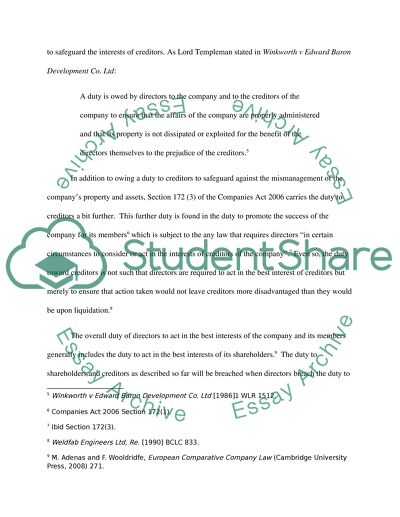Cite this document
(“Company law Essay Example | Topics and Well Written Essays - 4000 words”, n.d.)
Retrieved from https://studentshare.org/miscellaneous/1565670-company-law
Retrieved from https://studentshare.org/miscellaneous/1565670-company-law
(Company Law Essay Example | Topics and Well Written Essays - 4000 Words)
https://studentshare.org/miscellaneous/1565670-company-law.
https://studentshare.org/miscellaneous/1565670-company-law.
“Company Law Essay Example | Topics and Well Written Essays - 4000 Words”, n.d. https://studentshare.org/miscellaneous/1565670-company-law.


